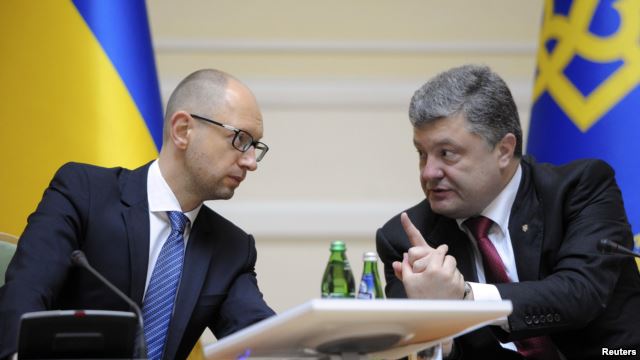Vladimir Putin has tried to create something that the world has never seen and that quite possibly cannot be realized: the construction of a totalitarian state not on the basis of ideology but rather on political technologies alone. In any case, the Kremlin leader has failed in this attempt, according to Igor Eidman.
In Soviet times, the Russian commentator points out, the regime did everything it could to decapitate any political opponent of the system. But in Putin’s times, which can be described as “political technology totalitarianism,” opposition figures can exist as long as they are useful for the Kremlin.
Opposition figures who represent a real threat to the authorities can be “driven into emigration, isolated or even killed,” Eidman continues; but many others who some might view as being part of that category are useful – or at least the Kremlin hopes they can be. That is true of Aleksey Navalny and Ildar Dadin – although in these cases, Putin appears to have miscalculated.
The Dadin case is similar. The harsh sentence he was given was intimidating to many who might otherwise have followed his lead; and “initially everything went according to plan. People really were in shock from such a harsh sentence and didn’t intend to sit in prison alongside Dadin.”
“However,” Eidman argues, this “political technology totalitarianism turned out to be an unrealizable utopia.”
“The most recent events show,” Eidman concludes, “that the Kremlin cannot take the political situation in the country under total control, that it is not all-powerful, and that it can be outplayed. Political technology totalitarianism hasn’t been established, and thus there is a chance for the rebirth of a massive protest movement.”
Related:
- Dadin case has given a face to the horrific practice of torture in Putin's prisons
- Russia's criminalization of protest: Ildar Dadin's appeal and Article 212.1
- In the depths of disinformation: this is how RT propaganda works
- Putin's reign of terror: "Cossacks' attack Navalny, women & children as Russia's police watch
- Garry Kasparov: Navalny is wrong on not arming Ukraine
- Why Khodorkovsky and Navalny will return Crimea





